Forest is just not a place to visit, but it is our home.
To build a sustainable and climate-resilient future for all, we must invest our time and energy in our forests. Forests are the front lines of climate change. Forest comes in all shapes and sizes. They are some of the best places on the planet to escape the stresses of modern-day life.
Forests play an important role in human life, and they are extraordinary in their contribution to the basic human need for environmental stability and security. In every part of the world, forests provide essential ecosystem services, readily accessible energy, clean water, and ultimately sustain human well-being livelihood.
Every year on March 21st, the United Nations promotes awareness on the importance of different types of forests by offering an opportunity for the countries to reflect on their afforestation measures and efforts.
The International Day of Forests provides us with an opportunity to reflect on many values of forests and also to share our experiences on how trees and forests enrich our daily lives and communities around the world.
What is a Forest?
A forest is one of nature’s powerful ecosystems to purify water, capture carbon dioxide, and create diverse plant and animal habitats. These ecosystems are immeasurably beautiful. They are rich in biodiversity and are increasingly vulnerable to changes in temperature, weather, and rainfall patterns. Therefore, it is essential that we work together to preserve and sustainably manage our forests.
There are different types of Forests depending on the vegetation:
- Tropical Deciduous Forest
- Equatorial Moist Evergreen or Rainforest
- Mediterranean Forests
- Warm Temperate Broad-leaved Deciduous Forest
- Temperate Broad-leaved Deciduous and Mixed Forest
- Coniferous Forest
What would happen if the forest disappears?
Forests are the lungs of the earth. Without forests, we would not have clean air, clean drinking water, and much of the food we need to survive. Some of the forest produce does provide a livelihood for one in five people in the world, especially to the most vulnerable sections of society. Human beings are, therefore, in debt to them.
Forests inspire us, and good forest management strengthens and adaptation to natural disasters such as climate change. It would also support the application of global measures to combat global warming.
With both modern and traditional knowledge, we can keep the forests healthy. The foresters should also know and understand nature well. They should learn to use cutting-edge technology to ensure that our forests are managed and monitored sustainably.
Therefore, we can sustain forestlands through better Management, Conservation, and Restoration techniques.
Some of the aspects of the forest:
- Forests are full of life. They host more than 75% of the world’s terrestrial biodiversity (i.e., animals, plants, and natural pollinators), which generate more than $200 billion annually to the global food industry, according to the United Nations.
- As the world population would climb to 8.5 billion by 2030, forests would become more important than before.
- Around 39%of carbon stored in soil occurs underneath the forest cover.
- About 77% of the carbon stored in vegetation exists within forests.
- Forests are a source of clean air
- Forests generate around 20% of household income in rural areas of developing countries.
- Forests provide around 40% of the world’s renewable energy.
- 75% of fresh water on earth comes from these ecosystems. Safeguarding forest areas strengthens the management of natural resources and also increases land yield.
- The United Nations (UN) estimates that the world is losing around 13 million hectares of forest every year.
- Around 100 trees remove 53 tons of carbon dioxide and 430 pounds of other air pollutants from the atmosphere each year.
- Nearly 31% of the world’s total land area is covered by forests.
- Forests provide drinking water to around 33% of the largest cities in the world.
List of some of the most beautiful parks in the world:
- Gir forest national park, India: The forest is the last remaining stronghold of the Asiatic Lion. The hilly terrain of Gir makes it a preferred habitat for leopards, jackals, deer, and antelopes, amongst other species.
- Monteverde cloud forest, Costa Rica: This region is home to some beautiful landscapes in the world. The forest is known for its verdant and elevated nature. The country is home to six different cloud forest zones. Temperatures in these forests tend to stay the same throughout the year, at around 29 degrees Celsius.
- Borneo Lowland Rainforest, Indonesia: The rainforest is twice as old as the Amazon, and it’s also the oldest rainforest in the world. Around 30% of this rainforest, is destroyed since palm oil extraction and logging began there a few decades ago. Now, the conservationists are working to protect the region.
- Sagano Forest, Japan: It is a bamboo forest with 50 different species and specimens. The bamboos can grow up to 20 meters high.
- Bwindi Impenetrable Forest, Uganda: It is a world-renowned forest and a home to the highest concentration of gorillas on earth. It is home to 79 mammal species, 100 species of ferns, and 160 species of trees.
- Great Bear Rainforest, British Columbia, Canada: It is one of the most bio-diverse places on the earth. The forest is home to hundreds of animal species, including whales and rare wolves.
- Daintree Rainforest, Australia: The forest was a UNESCO World Heritage Site in 1988. It is home to 122 rare and endangered species.
- Otzarreta Forest, Basque Country, Spain: It is a protected area filled with waterfalls, caves, mountain views, and hiking trails. The region has captured the eye of many a photographer, with its mossy surfaces and ancient trees.
- The Forest of Brocéliande, France: The forest is over 7,000 hectares. It has been inhabited for more than 5,000 years, as evidenced by the many menhirs scattered throughout the area.
- Arashiyama Bamboo Grove, Japan: As you walk along the path that cuts through the middle of the forest, you will feel like you are walking into another universe.
- Black Forest, Baden-Württemberg, Germany: The wooded mountain range is known for its dense 100-mile stretch of pine trees, natural thermal spas, and picturesque villages.
- Amazon rainforest, Latin America: Amazon is the largest rainforest on earth. The forest is popularly known for its exotic wildlife and isolated tribes. It is home to more than 1,300 bird species and 40,000 plant species alone. The region’s dry land would mean that the forest trees are older and taller than that of the forest elsewhere in the Amazon.
What is Deforestation?
According to the United States Environmental Protection Agency, deforestation is a permanent removal of standing trees. Generally, deforestation is done to make way for roads, urban development, the harvest of natural resources, and also for agricultural purposes. Not all deforestation is intentional, as some are likely to be caused by a combination of natural, accidental, and human factors like wildfires in Australia, etc.
Problems of Deforestation
- There would be an increase in greenhouse gas (GHG) emission
- The loss of forest area and burning of fossil fuels would also cause climate change
- Demand for food would increase
- Terrestrial biodiversity is under threat
- Food sustainability is compromised
- The survival of forestry, indigenous, and forest communities is also at stake.
- According to Food and Agriculture Organization (FAO), estimates culling of trees in the forest would endanger more than a billion people worldwide who obtain food, energy, and medicine from terrestrial ecosystems.
Deforestation is growing, and it also endangering the ecosystems on which the earth’s natural wealth and its ability to cope with climate change depend. This means that millions of people, plants, and animals are dependent on the future of forested areas that are increasingly being punished by global warming and deforestation. To avoid deforestation we would require forest-friendly agricultural policies and effective forest management. Hence, it is, therefore, necessary to obtain plant fuel more sustainably to reduce the deterioration of forests.
The following are some of the effective techniques that are followed to reduce Deforestation:
- As per the new research the community-based forest management results in lower rates of forest cover loss.
- The Dayak Kenyah people who live deep inside the lush rainforests of East Kalimantan, Indonesia, on the island of Borneo, combine centuries-old indigenous knowledge with eco-tourism and carbon trading to fight deforestation.
- Mountain logging roads pave the way in preserving the historical Yoshino forestry region and also in reviving Japan’s timber industry.
- Story of Satoyama system which symbolizes a pure integration of environmental, economic, cultural, and social links between humans and nature.
Conclusion:
Forests are our green gems. Coherent forest management would require political commitment at the highest levels, effective law enforcement, smart policies, active partnerships, and funding. We must look after it well and hand it over to our future generations rather than selling it to the highest bidder. Come let us commit to reducing deforestation, sustaining healthy forests, and also in creating a climate-resilient future for all.


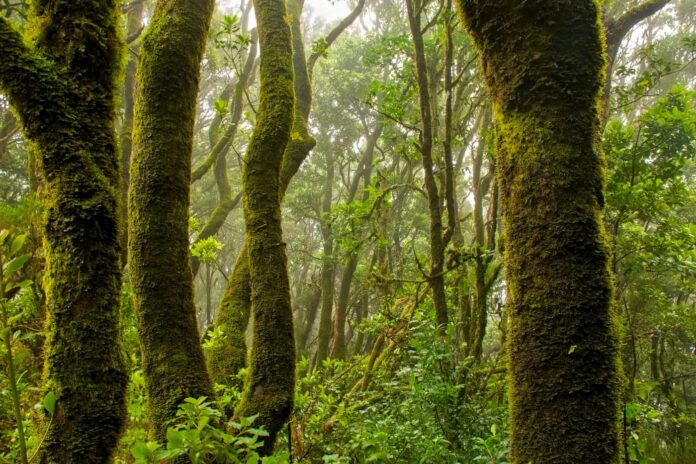
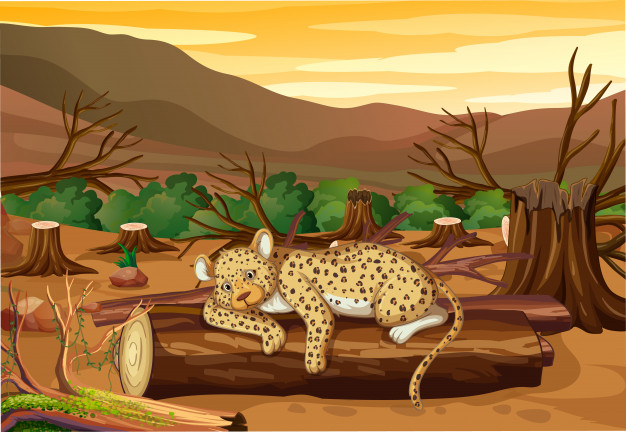
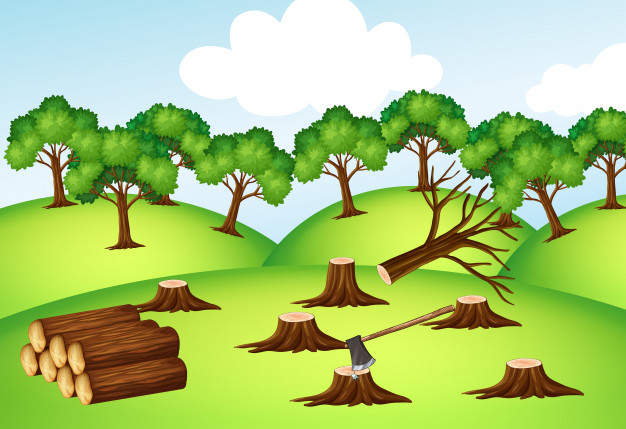

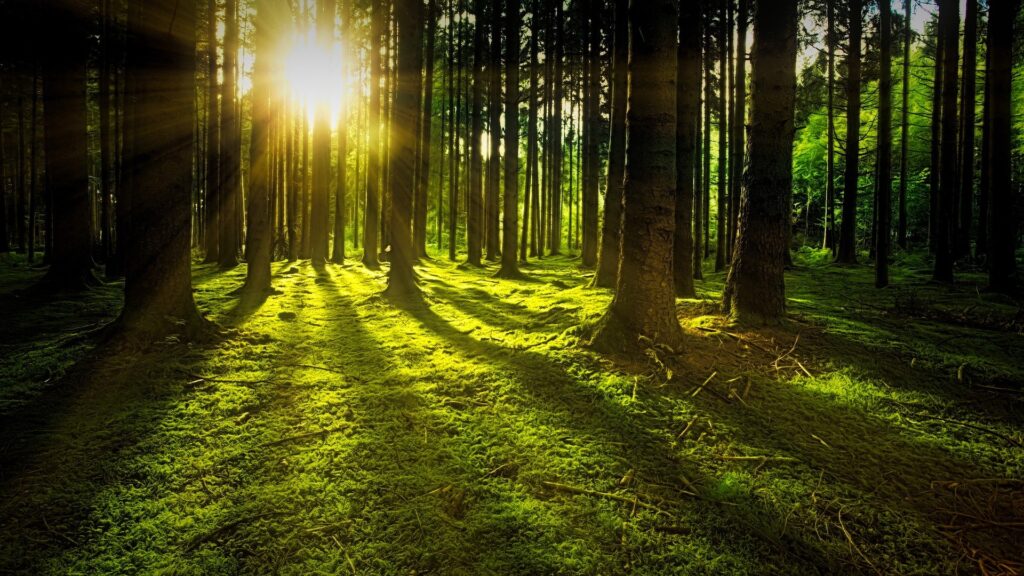
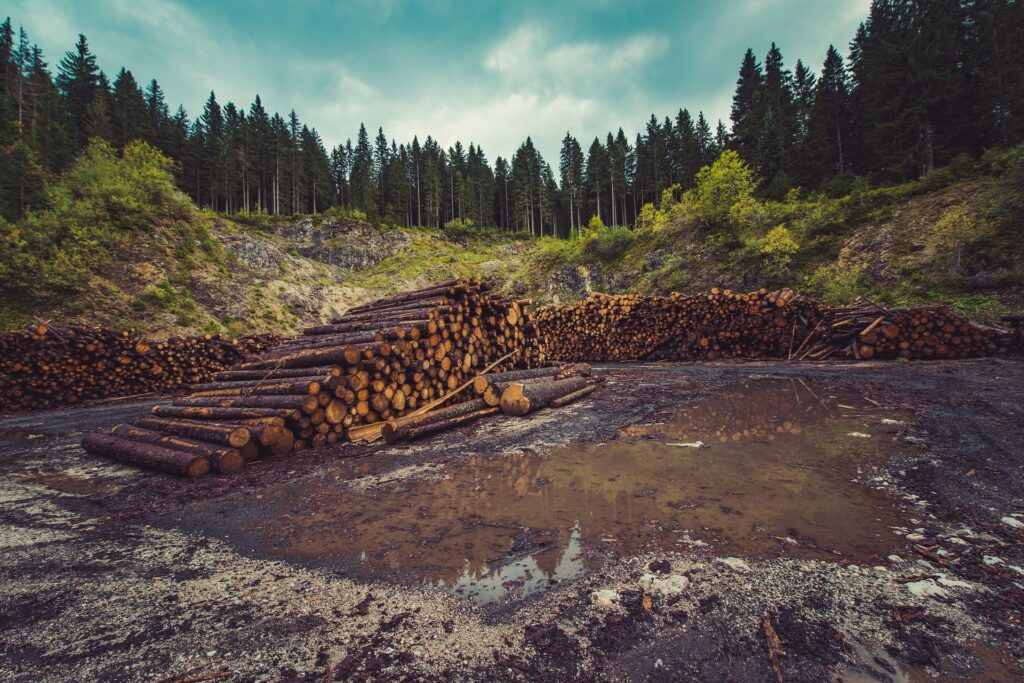
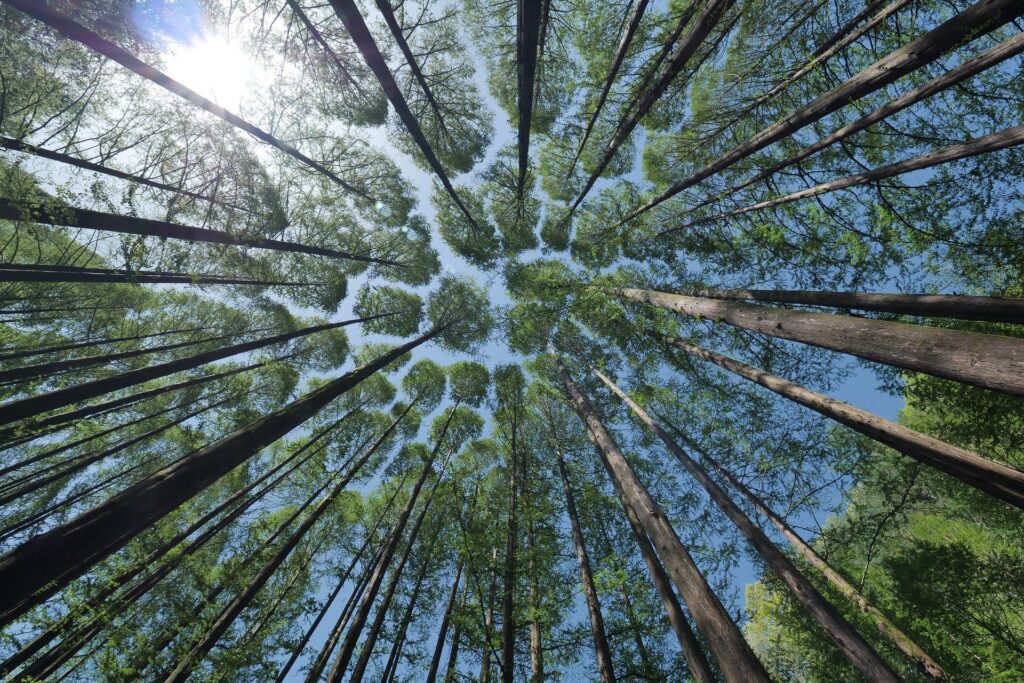
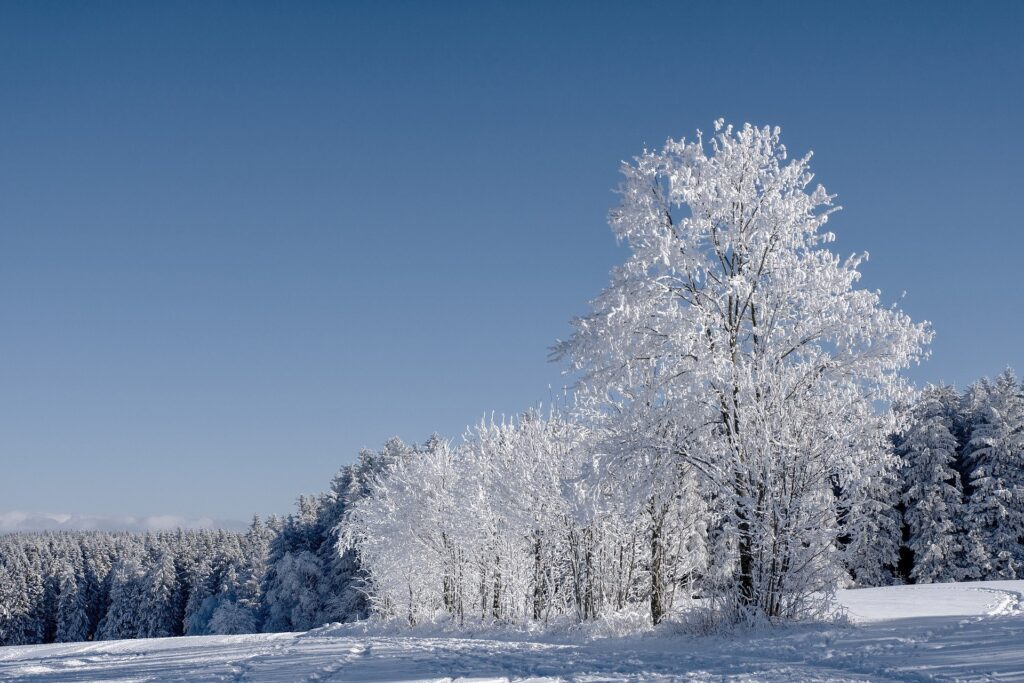
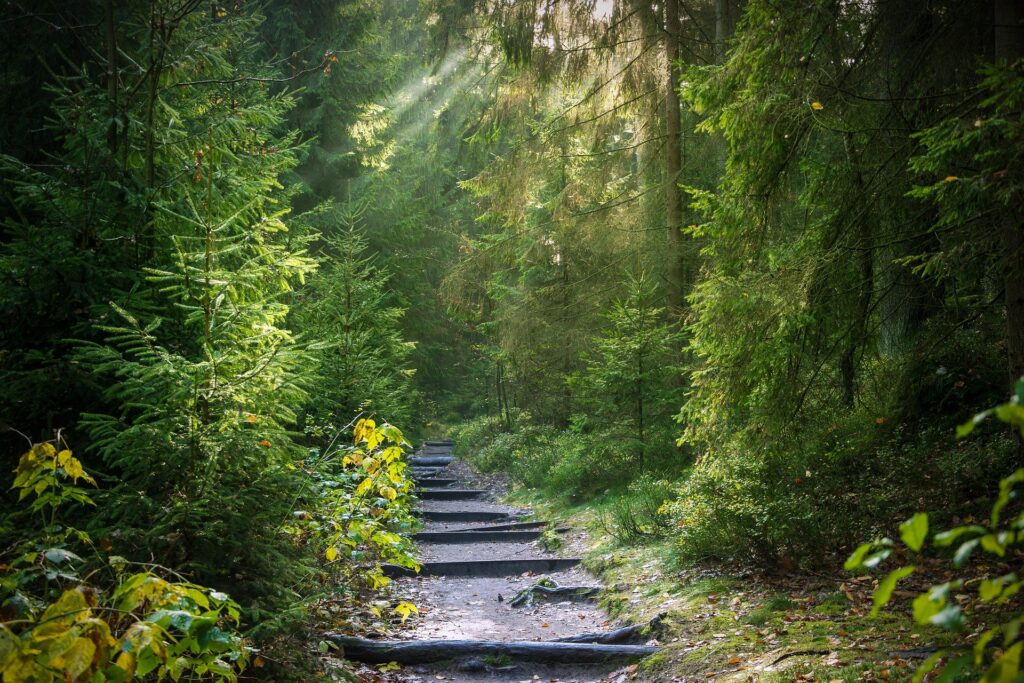
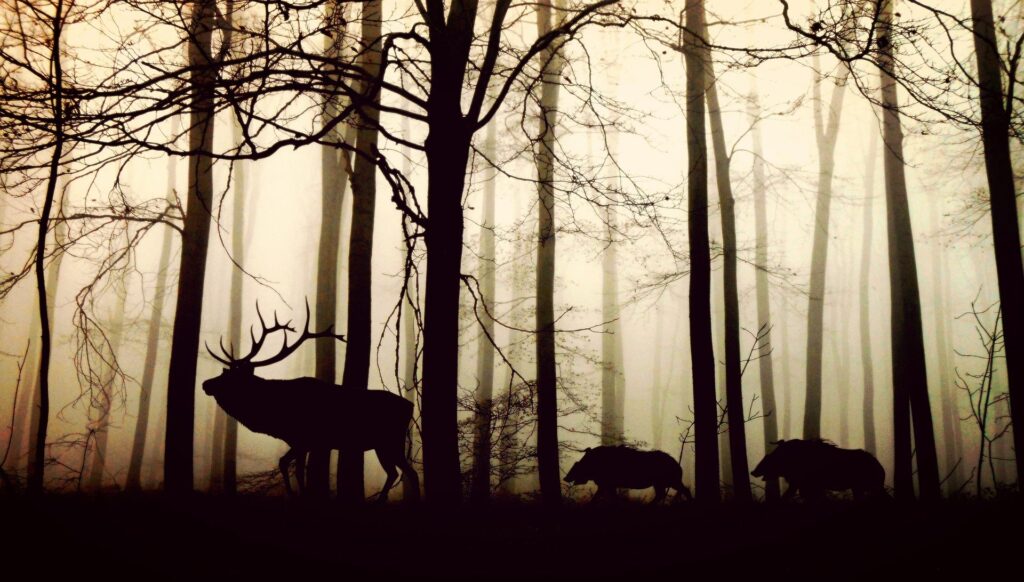
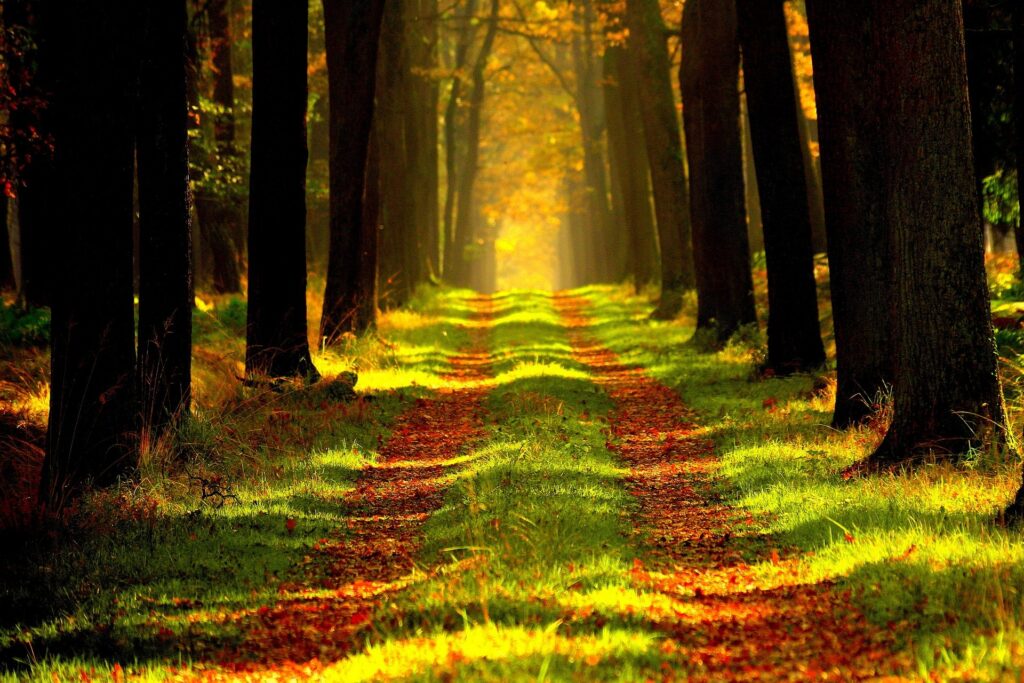
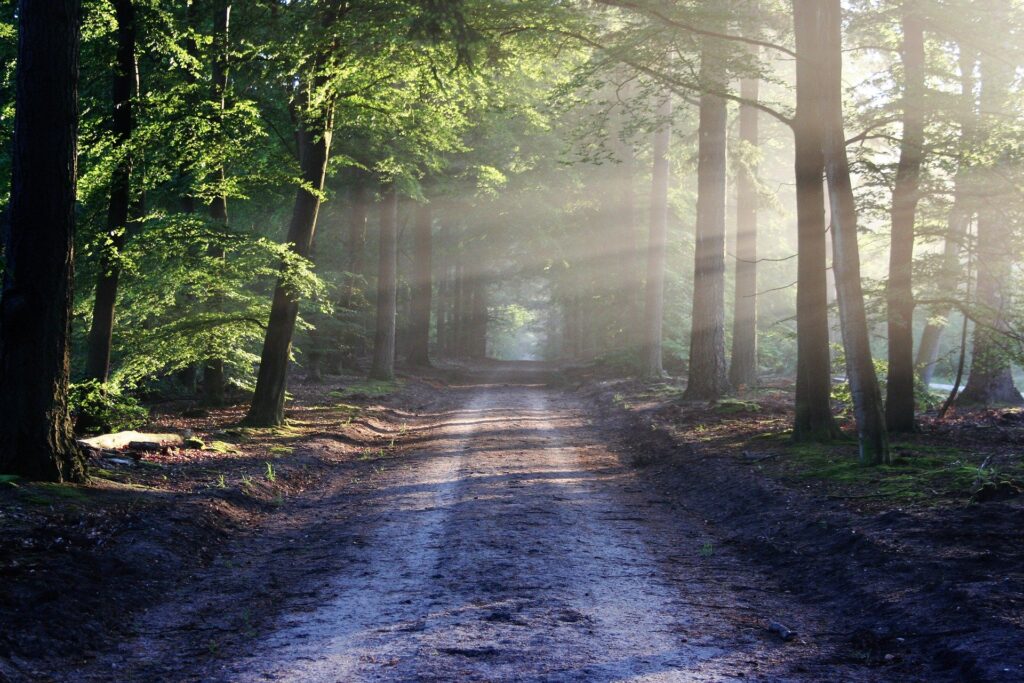
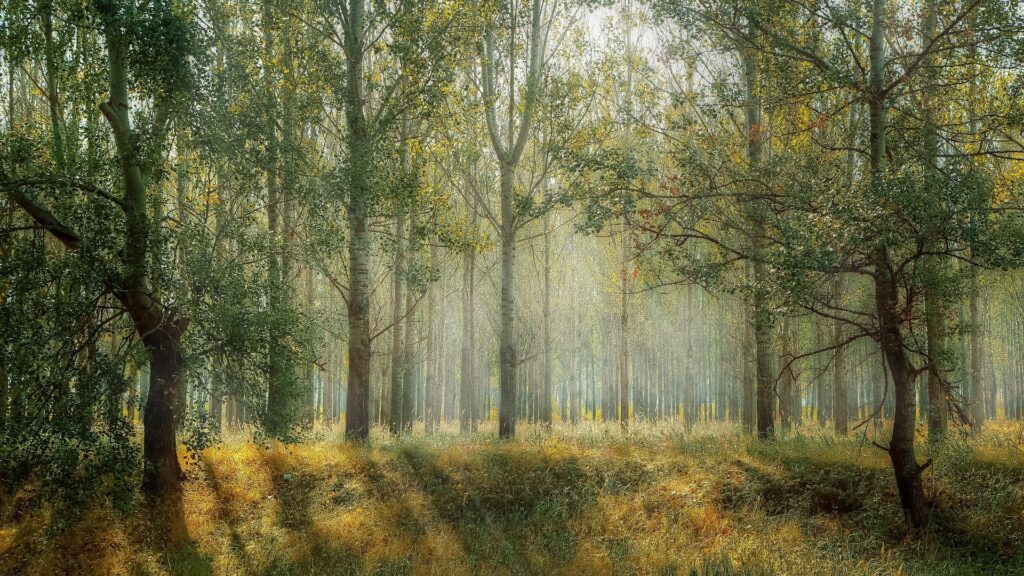
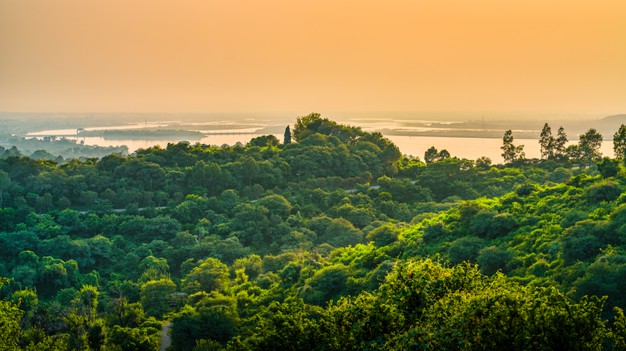
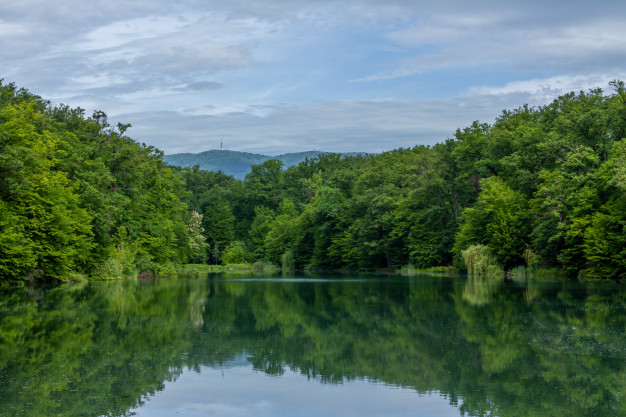
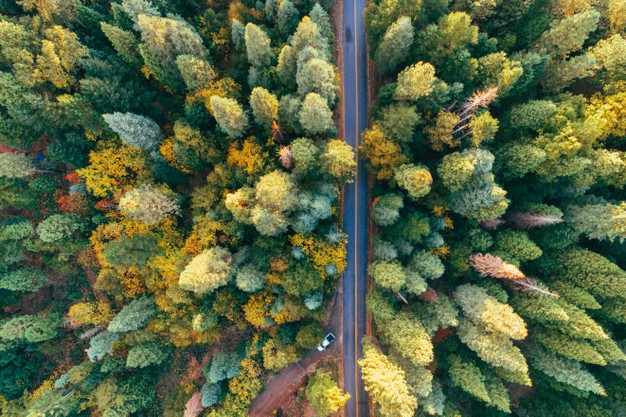
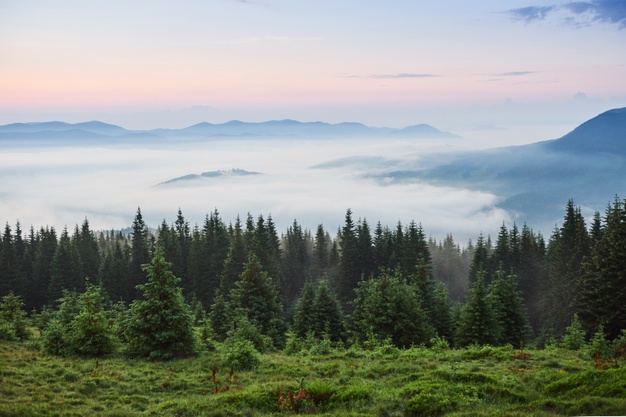
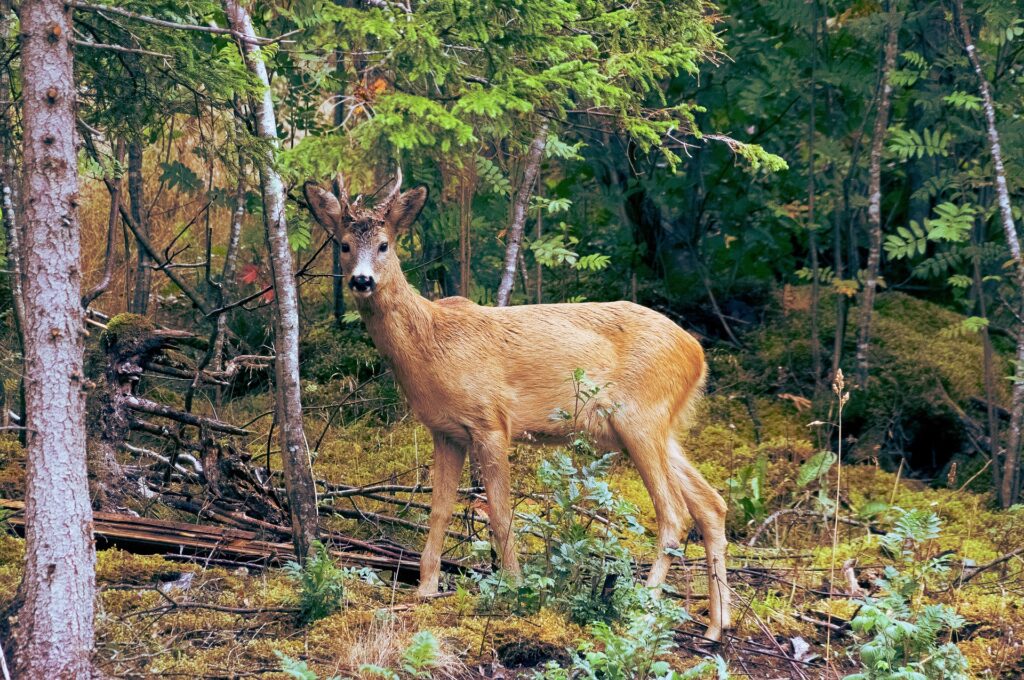
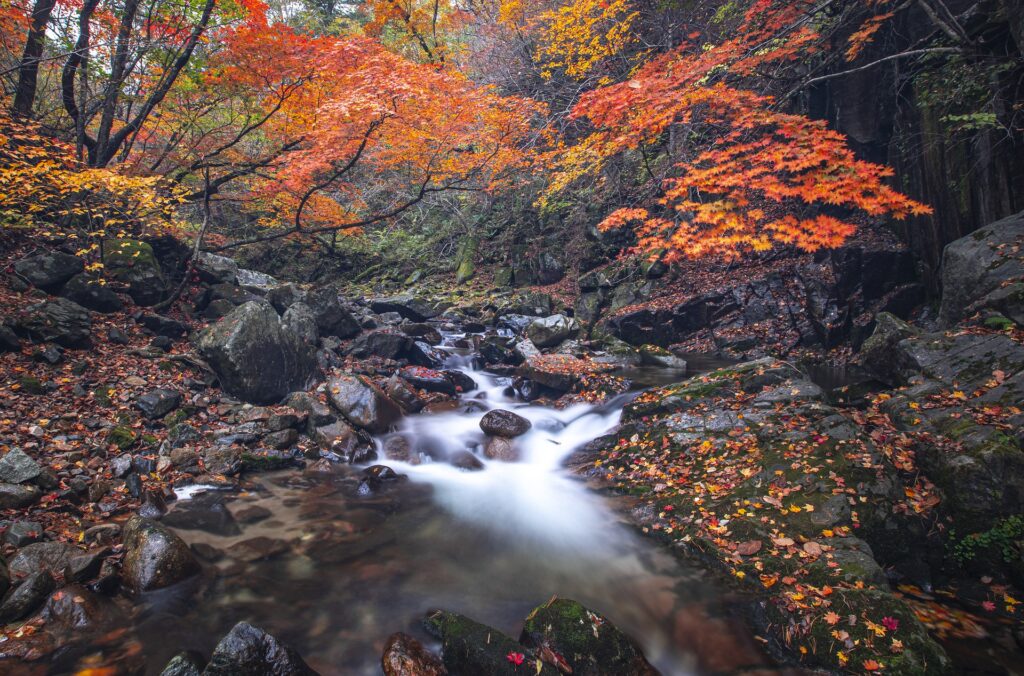

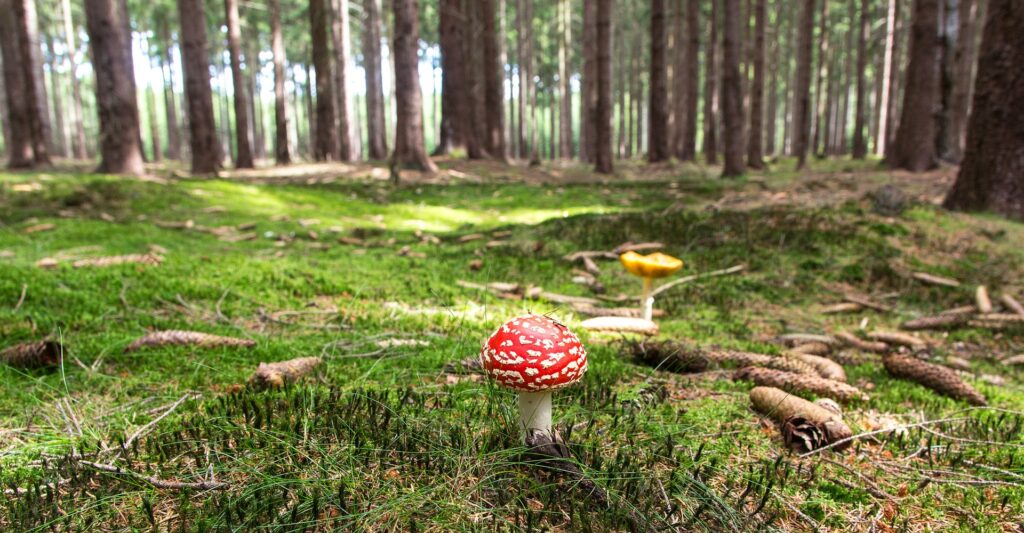
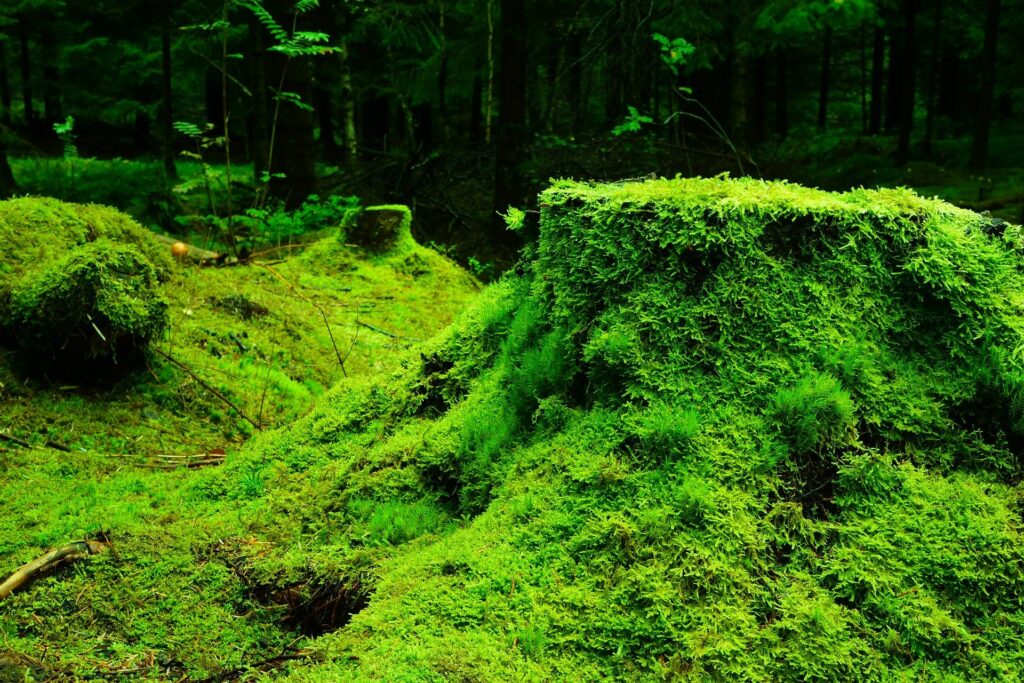

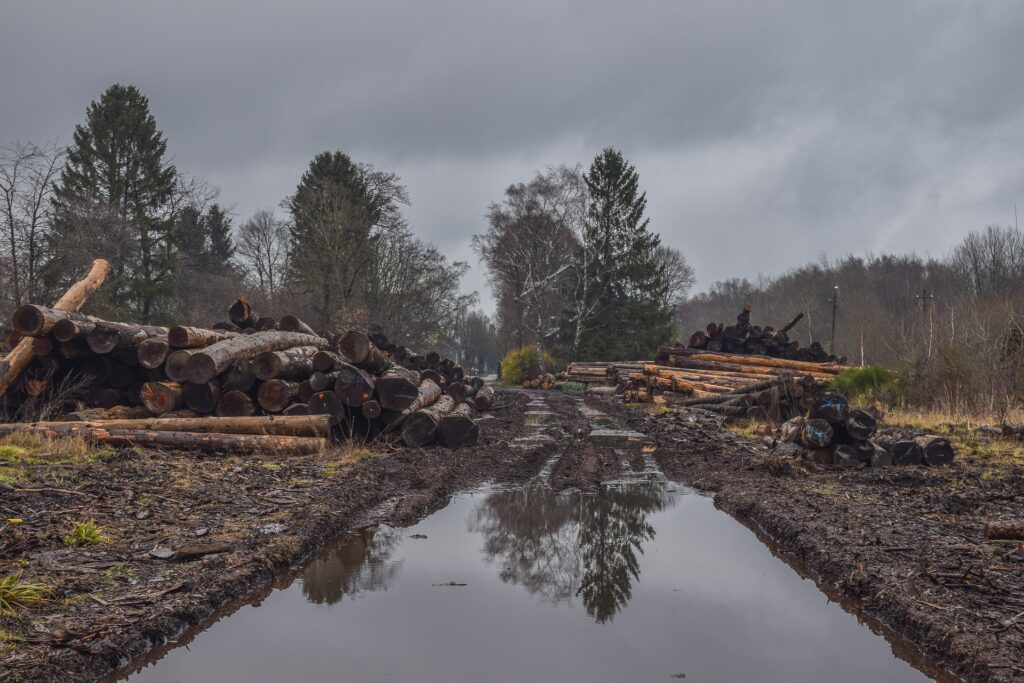
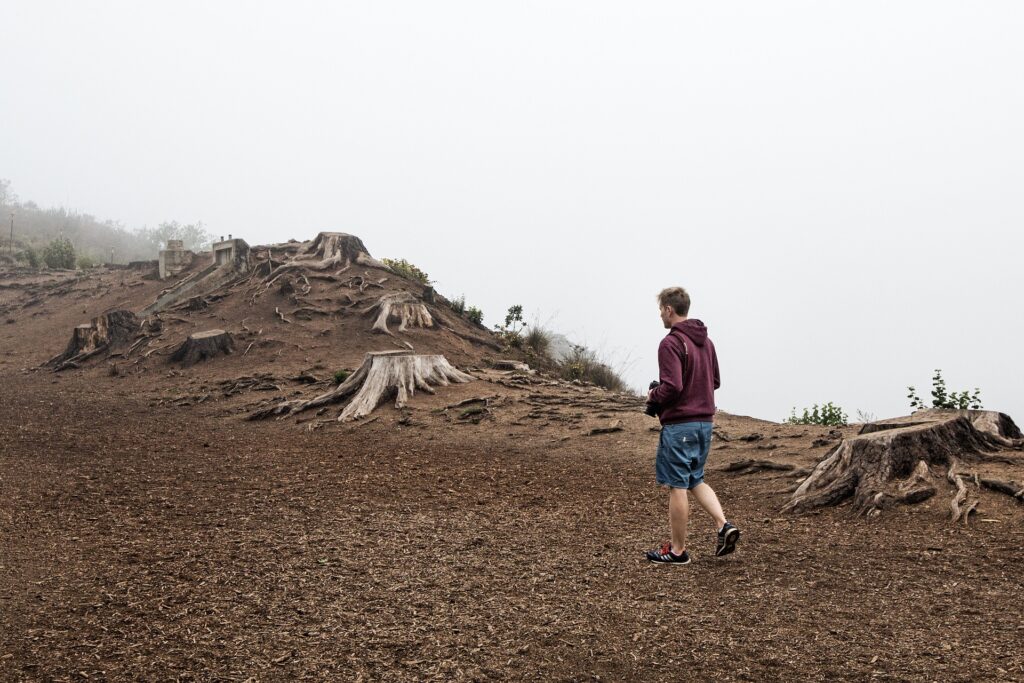
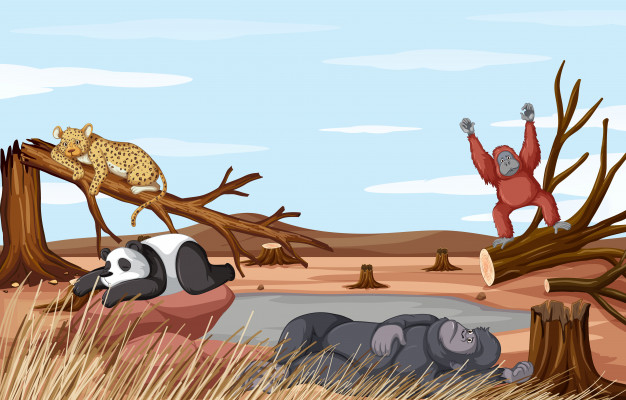
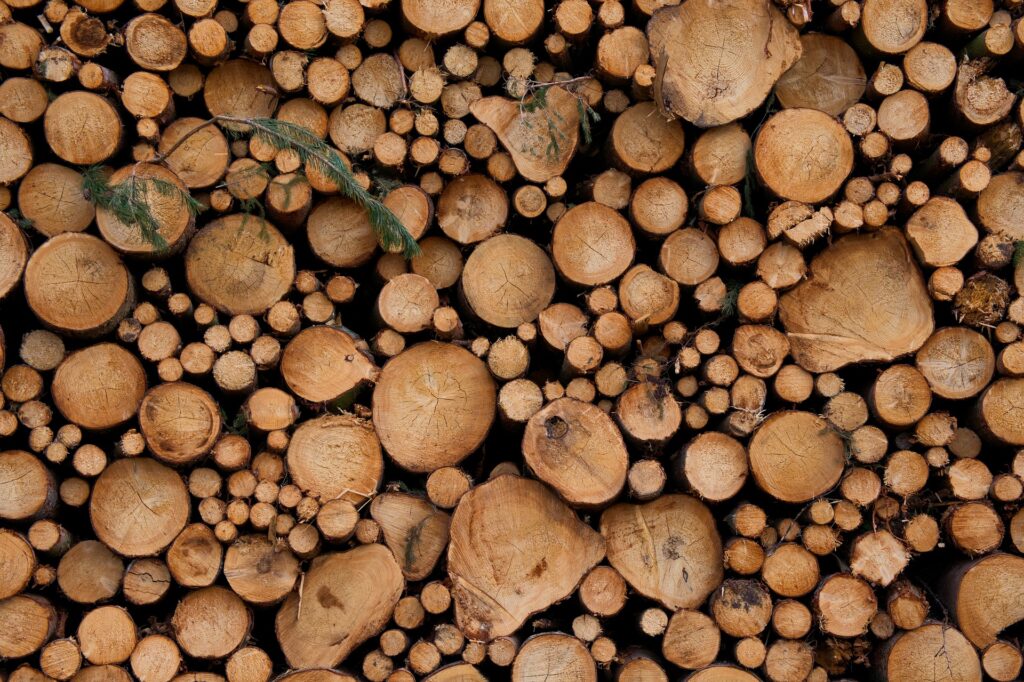
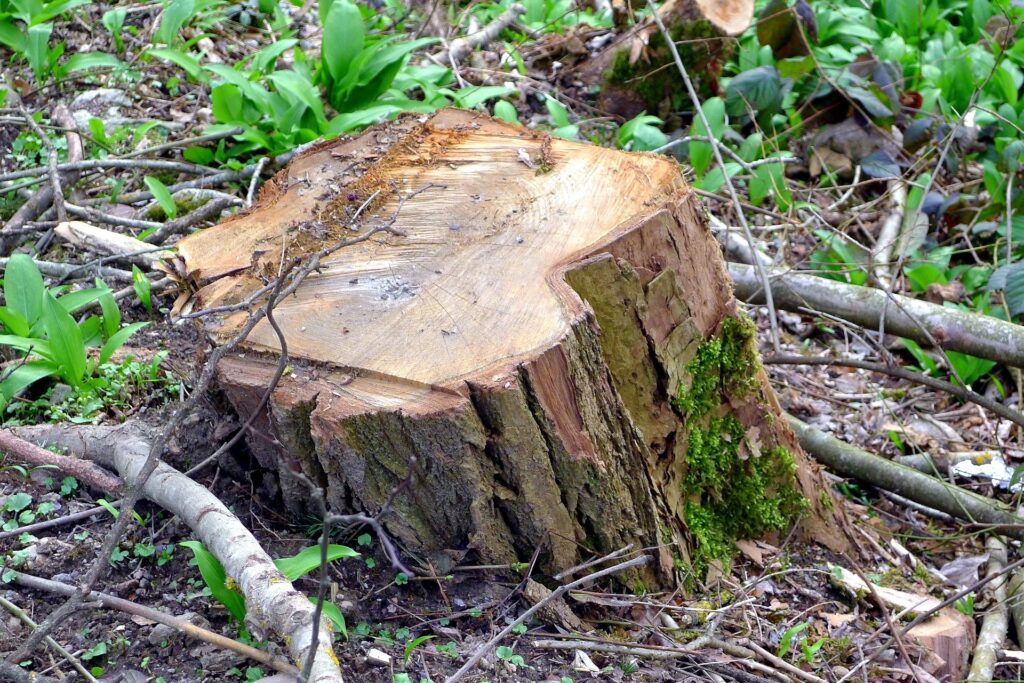



You make it entertaining and you still take care to keep it smart. I can’t wait to read far more from you. This is actually a wonderful site.
Thank you
Loving the info on this website , you have done great job on the posts.
Thank you
I am really thankful to find this site, just what I was searching for : D besides saving to favorites.
Welcome
Such a great article and informative information for me. Thank you for sharing with us.